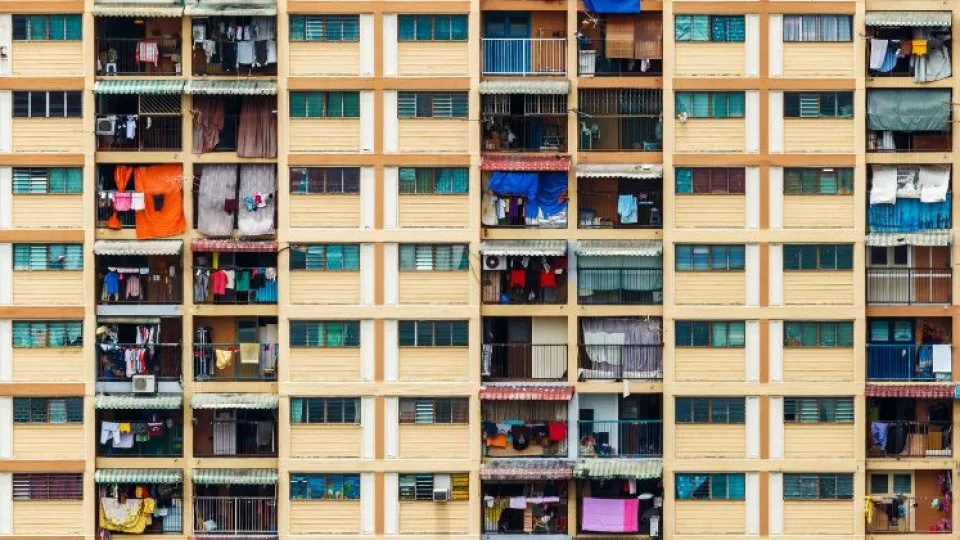
Housing in Portugal: What to expect for 2025?
Despite some government initiatives and expectations of an increase in construction, experts warn that by 2025 housing accessibility in Portugal will continue to be a structural problem, marked by high prices and growing inequalities.
Housing crisis: Current scenario and persistent challenges.
In recent years, the Portuguese housing market has experienced a significant increase in sale and rental prices. Despite legislative measures, the supply remains insufficient to meet demand. In 2024, the market was marked by:
- Acceleration in transactions and prices, despite regulatory measures.
- Lack of affordable supply, exacerbated by high construction costs and tax restrictions.
According to studies, Portugal remains among the European countries with the greatest difficulty in accessing housing, reflecting ineffective policies and increasing demand in contrast to limited supply.
What to expect from the housing market in 2025?
Experts anticipate that 2025 will be a year of structural challenges, with some specific advances.
High prices and limited stabilization.
- Although some price stabilization is expected, this does not mean a reduction. Stabilization is expected at historically high levels, making access to housing even more difficult.
- The rental market will continue to be a problematic area, with prices expected to rise in line with high demand.
More construction, but not always accessible
- One of the few positive signs is the expected increase in housing construction. Projects postponed in recent years, due to rising costs and high interest rates, may be completed.
- However, the accessibility of these new constructions remains a mystery. The high costs of land, materials, and taxation make it difficult to create affordable housing.
Government measures of uncertain impact.
- The government announced initiatives such as tax incentives and public-private partnerships to stimulate construction.
- However, critics point out that these policies benefit a small portion of the population and do not address the structural housing crisis;
- Market regulation, which could balance supply and demand, remains limited.
Social inequality and emerging phenomena.
- The housing crisis is deepening social inequalities. Phenomena such as the increase in homelessness, silent evictions, and self-construction in precarious conditions are a growing reality.
- Experts warn of increasing social tension between "luxury and shanties", with communities becoming more segregated.
In addition, experts criticize the lack of involvement of the State in the management of public heritage and the promotion of affordable housing:
- The sale of public assets and the bureaucracy associated with the funds of the Recovery and Resilience Plan (RRP) limit the impact of the announced measures.
- Without clear and transparent regulation, the market will continue to be dominated by speculation, hindering effective solutions.
So, the year 2025 will be marked by structural challenges in the housing sector in Portugal. Although there are signs of an increase in supply, high prices, lack of accessibility, and social inequalities will continue to dominate the landscape. Therefore, more comprehensive and regulatory measures will be essential to prevent the housing crisis from becoming an even deeper and persistent problem.
High housing prices do not directly imply high housing credit proposals as well: With the credit intermediaries of Poupança no Minuto, you can access the best market solution, a process that takes care of everything for you at no cost. Simulate your credit here: [https://www.poupancanominuto.com/simuladores?utm_source=poupanca-no-minuto&utm_medium=artigo&utm_campaign=770-poupanca-no-minuto](https://www.poupancanominuto.com/simuladores?utm_source=poupanca-no-minuto&utm_medium=artigo&utm_campaign=770-poupanca-no-minuto)